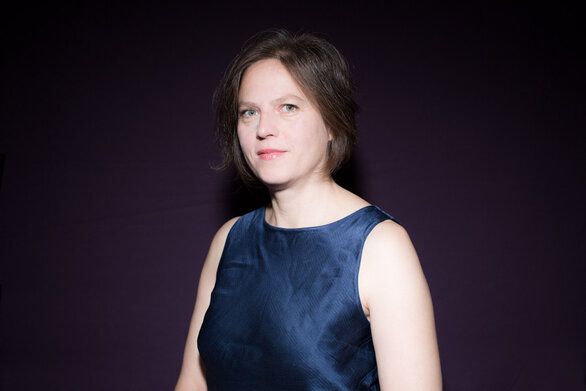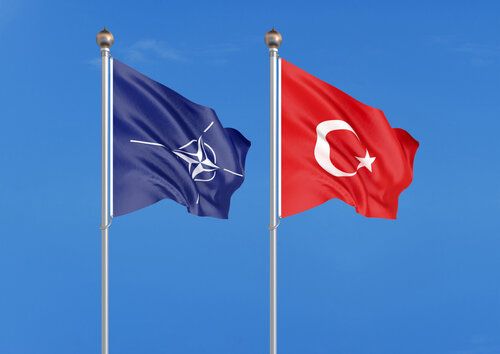The relationship between France and Turkey has evolved considerably since Recep Tayyip Erdoğan’s Justice and Development Party (AKP) came to power. With changes to priorities and statutory rebalancing, it has gone through spectacular highs and lows. French citizens’ image of Turkey may be very tarnished these days, but that will not prevent continued essential bilateral cooperation between the two nations.
An Old Relationship Feeling the Strain
The relationship between France and Turkey is both old and solid; to demonstrate its age and unconventional character, diplomats frequently refer to the 1536 “rear alliance” agreed between Francis I and Suleiman the Magnificent against Charles V. French influence in the declining Ottoman Empire grew over the course of the nineteenth century, laying the foundations for a French-speaking culture in Turkey that remains very lively to this day, and the institutions of Atatürk’s Republic were in part based on the French model.
The first serious Franco-Turkish disagreements flared up fifteen years ago over the question of Turkey joining the European Union (EU). Nicolas Sarkozy opposed this on the grounds that this large Muslim nation was “not European,” and suggested a “special partnership” instead, to preserve the strategic nature of the relationship. Following the Hollande presidency, when the two countries attempted to re-establish dialogue, Macron made clear his opposition to Turkey joining the EU.
Disputes with Repercussions in France
The Élysée maintains frank, direct contact with Erdoğan, punctuated by sporadic crises and rhetorical outbursts. To take one example, Erdoğan publicly questioned Macron’s mental health because of the latter’s bill on Islamist separatism, accusing him of Islamophobia and calling on the Turkish diaspora to resist. Another bone of contention has been the militancy of France’s Armenian diaspora in calling for the Armenian genocide to be recognized. Macron created a national day of commemoration of the genocide, provoking a furious reaction from Turkey, which still denies responsibility. The Kurdish question is a third area of disagreement. In the fight against ISIS, France and the United States relied on the support of Kurdish combat units that Ankara believes to have belonged to the separatist Kurdistan Workers’ Party (PKK).
All these disputes have repercussions on France’s internal affairs, against a backdrop of tensions between communities of Turkish origin: Turks and Kurds, divided not just ethnically but also on political and religious lines, and Armenians too. The Turkish ultra-nationalist Gray Wolves group was banned in France on public order grounds, and Macron has commented publicly on his concerns about possible Turkish “interference” in French elections.
Partners or Adversaries in Foreign Affairs
In foreign affairs, the disagreements initially concerned Syria, where France accused Turkey of complicity with jihadist groups, before Erdoğan sought closer links with Russia. The attempted coup d’état in Turkey in 2016 accelerated Europeans’ loss of confidence in Turkey, to which France was no exception. But since then, France has been witnessing—without really being able to oppose—the unfurling of Turkish ambitions for power in the Middle East and Africa, where France had expected to continue to play a leading role. Turkish aggression in the Mediterranean has forced France to take a firm stand alongside Greece and Cyprus, which have been harried by the Turkish navy. In francophone Africa, Turkey has clearly gained influence, as a result of increasing numbers of coups d’état and political conflicts.
Paradoxically, this competition for power highlights the complementarity of the two countries, which would be more effective if they played as members of the same team rather than as adversaries. Turkey has real diplomatic assets (the sixth-largest diplomatic network in the world in 2019, very professional diplomats, a strong presence in multilateral forums), and the transformation of its armed forces has been spectacular (a highly dynamic defense industry, experience acquired in combat in difficult conditions in the Middle East). Cooperation with Turkey on policing and security issues is recognized to be essential for controlling the return of combatants from Syria. Finally, from the economic point of view, Turkey is fully integrated into the European sphere, even though its main partner is Germany and it is adept at playing on Franco-German differences to make its case to the EU, on which it has a tight grip through the agreement to control the flow of Syrian refugees.


